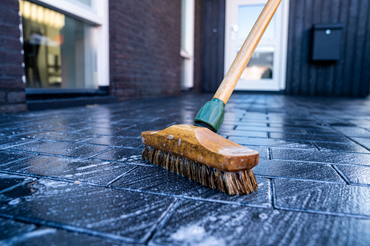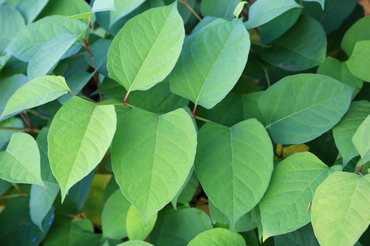How to plant spring bulbs
The time to plant spring bulbs starts right now. There isn't much that beats the excitement of planting spring bulbs out in the garden and then seeing them emerge from the soil in springtime, ready to burst into colourful bloom just at the time of year when we need it the most. There are many to choose from with various shapes, colours, heights and textures, so there are definitely spring bulbs for every garden. They can be planted into the ground or in containers, so this is a guide to help you decide.
Plan what you want to grow
It is all in the planning. Firstly think about what type of bulbs you would like to grow and where you want them planted. Either cast your eye over your garden and be sure you know where they will go, or draw a plan on a piece of paper. Prepare your soil. Ensure it is well drained and has some well-rotted organic matter incorporated before planting. If you are planting in containers, fill them with good quality peat-free compost.
Knowing the different types of bulbs
Before you plant, know what type of bulb you are growing. There are wide varieties of Daffodils, Tulips, colourful and fragrant Hyacinths, Alliums, Crocus and more. Each will be of different sizes and must be planted at different depths depending on the type. Larger bulbs can be planted lower than smaller bulbs. Please read more about spring-flowering bulbs in our other blogs.
When to plant spring bulbs
All spring bulbs can be planted from early autumn onwards, so you have plenty of time. Tulips, however, can be grown all the way up to Christmas and are best left to October and November. Others ideally should be planted in September and October. Try not to plant out if the ground is very wet or frozen. If you don't have enough time and plant later in the year, we recommend planting them no matter what!
How to plant spring bulbs
Decide on where you're going to plant your bulbs. Pick a site that's large enough for your spring bulb. Snowdrops need smaller holes than Allium bulbs.
- Plant the bulb two to three times the depth of the bulb by making a hole big enough for the bulb (use a trowel or a bulb planted, even a dibber for smaller bulbs) with the pointed end facing upwards.
- There is generally no need to water, especially if the soil is already moist, and they can be left to the elements over the winter.
- If you are planting in containers, they shouldn't be left to dry out over long periods.
Pick from our selection of spring bulbs and tools in store to create your spring garden.





